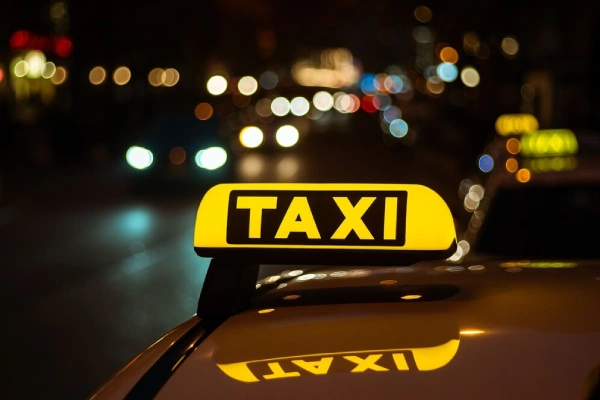India introduces Bharat Taxi, a driver-owned alternative to Ola and Uber
Related Articles
Drunk Driver Hits Traffic Constable, Drags Him for One Kilometer in Hyderabad
A case of suspected reckless driving led to chaos in Hyderabad's Gachibowli area on Saturday morning when a speeding Mercedes-Benz struck a vehicle and...
बांग्लादेश में भारत बदलेगा अपना राजदूत, संदीप चक्रवर्ती को मिल सकती है नई जिम्मेदारी
बांग्लादेश के नए प्रधानमंत्री के साथ रिश्तों की नई शुरुआत
भारत बांग्लादेश के साथ अपने रिश्तों में सुधार के लिए एक महत्वपूर्ण कदम उठाने जा...
Kuwait Imposes Restrictions on Fishing Boats and Outdoor Gatherings Amid Regional Tensions
Kuwait's Interior Ministry has announced the imposition of temporary restrictions on fishing boats and outdoor activities in response to heightened regional tensions.
This decision is...


